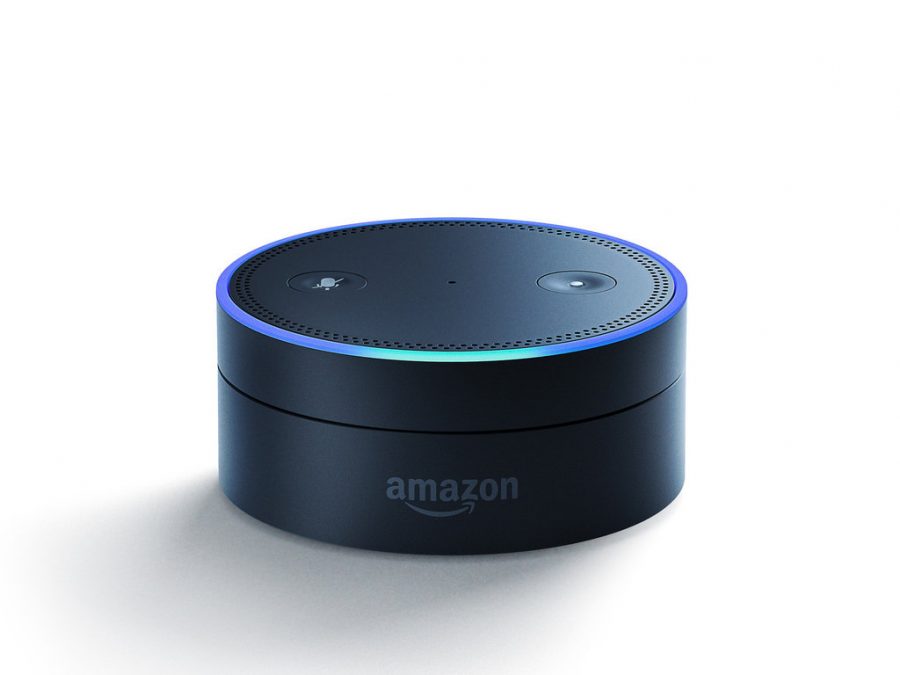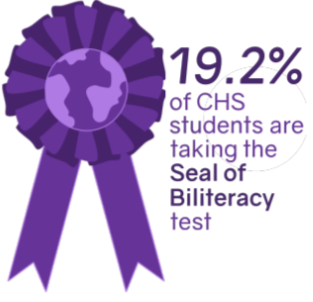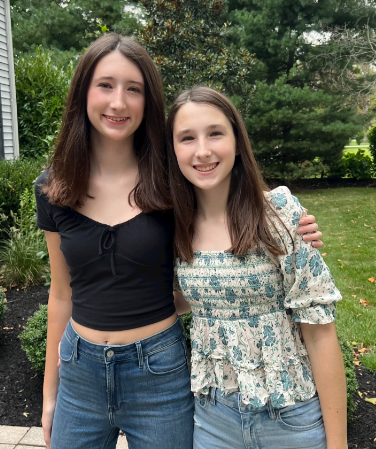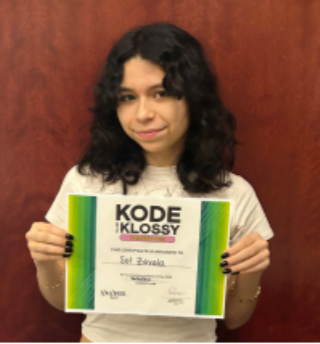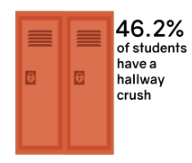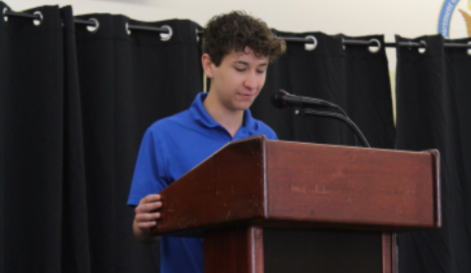Alexa! Wiretap my house
Creative Commons Photo Courtesy of Guillermo Fernandes
According to a survey of 115 students from Jan. 7 to Jan. 14, 2019, 47 percent of students own an Amazon Alexa. https://creativecommons.org/licenses/by/2.0/
January 25, 2019
If you’ve ever wondered why the advertisements on your computer are often tailored to recent websites you’ve browsed, or even things you’ve discussed with friends or family, you’re not alone. With recent rumors pertaining to the government hacking into Americans’ technology to gain information, questions continue to rise on how much users can trust smart technology.
Amazon’s Alexa and Google’s Home Hub, digital home assistants that perform commands or answer questions, both use voice recognition, an element quickly becoming a staple in many customers’ daily lives. This feature isn’t a new one though, and has been around since before Apple’s trademarked virtual assistant Siri was introduced in 2011 with the iPhone 4S.
According to PC World, IBM first introduced voice recognition technology in the early 1960s, when they showcased its “Shoebox” machine to the World’s Fair, demonstrating its understanding of 16 spoken English words.
But as the intelligence of technology improves and consumers begin to further rely on these “smart” products, our everyday appliances are collecting more and more information. For Alexa, storing users’ information is a task all too familiar. Although Washington Post tech columnist Geoffrey Fowler said the device uses its seven microphones to “constantly discard and replace” sound given, customers continue to report instances of their devices knowing information they did not search for through the Alexa.
An article by The Verge explained that a Portland woman’s Alexa device recorded a conversation between her and her husband and send it to an employee of her husband’s, despite the claim that Alexa doesn’t store information.
“Echo woke up due to a word in background conversation sounding like “Alexa.” Then, the subsequent conversation was heard as a “send message” request. At which point, Alexa said out loud “To whom?” At which point, the background conversation was interpreted as a name in the customers contact list. Alexa then asked out loud, “[contact name], right?” Alexa then interpreted background conversation as “right”.”
Sophomore Steve Ostrom of Lincroft said he has his own suspicions pertaining to his Amazon Alexa.
“One night after I ended a call with my friend my Alexa immediately started asking me questions and saying it ‘didn’t understand what I was saying,’” Ostrom said. “I have no doubt that devices like that listen and record everything we say.”
Ostrom is not the only one with suspicions. According to a survey of 53 Alexa owners at CHS, 50.9 percent said they worry that Alexa is constantly recording what they say.
Senior Clare Toman of Spring Lake Heights has the Google equivalent of Alexa and said she worries about its capabilities.
“The fact that it’s just always monitoring conversations until it hears a certain term freaks me out. I don’t like that it can hear everything,” Toman said.
With this in mind, it is safe to assume that despite many companies’ claims to keep information private, customers should be smart when using their smart technology.



